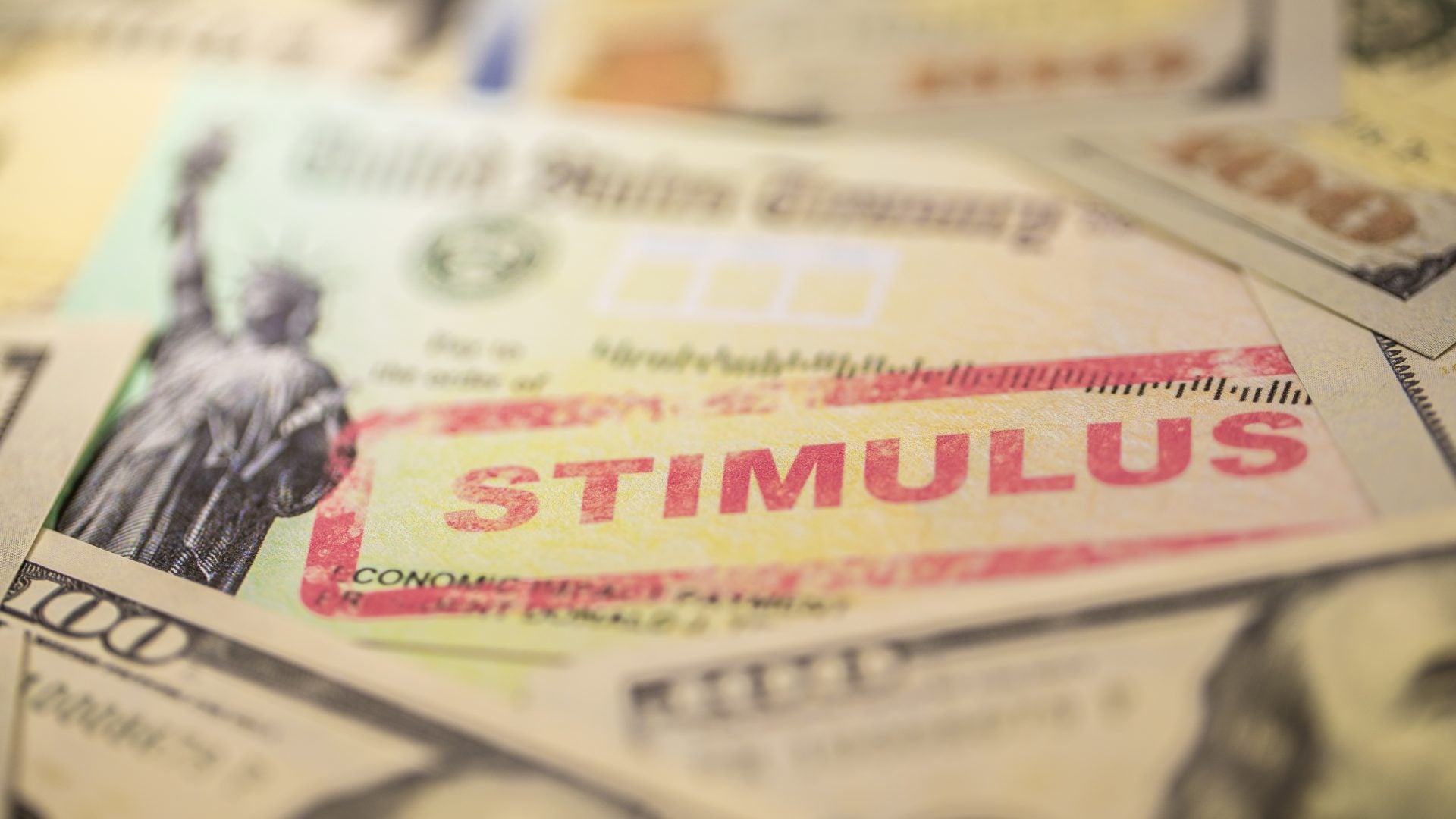
The U.S. Treasury Department and the IRS have started to send out Economic Impact Payments (EIPs), and millions are eligible to receive funds. Still, many people have questions. ESSENCE sought answers. Read on for tips to get your money, honey.
The Money Trail
Economic Impact Payments come from the second $900 billion stimulus package tied to the coronavirus pandemic. Congress passed the Consolidated Appropriations Act, 2021 (H.R. 133), which president Donald Trump signed into law on December 27, 2020. This latest round of payments follows the delivery of the $2.2 trillion CARES Act Economic Impact, back in March 2020. There’s already talk of a possible third stimulus payment in the new 117th Congress. President-elect Joe Biden has signaled support for a $2,000 payment.
Who Gets a Payment?
According to IRS information, if you’re a U.S. citizen or U.S. resident alien, you may be eligible for $600 ($1,200 for a joint return), plus $600 for each qualifying child under age 17. According to the agency, this generally applies if you (and your spouse if filing a joint return) aren’t a dependent of another taxpayer on a 2019 tax return, have a valid social security number for employment (there may be exceptions when married filing a joint return) and your adjusted gross income does not exceed certain caps: $75,000 for eligible individuals; $112,500 if filing as head of household; $150,000 if married and filing jointly or as a qualifying widow/widower.
While previously only immigrants with Social Security numbers who met specific residency requirements could receive stimulus funds, lawsuits and Congressional action led to changes. Now immigrants who pay taxes (and their families) are eligible for payments, no matter their legal status.
How Will Payments Be Distributed?
Economic Impact Payments are being distributed via direct deposit, paper check, and prepaid debit cards (aka the EIP Card). Last week, the Treasury Department and the IRS started to send approximately 8 million payments by prepaid debit card. Cards are being issued to eligible recipients across all 50 states and the District of Columbia. It follows millions of payments officials say have already been made by direct deposit and the ongoing mailing of paper checks. The prepaid debit cards will be sent in a white envelope that prominently displays the U.S. Department of the Treasury seal; the Visa name on the front of the card and the issuing bank name, MetaBank®, N.A. on the back. According to Treasury officials, some people who received payments by paper check for the first round, might receive a debit card this time, and some people who received a debit card for the first round may receive a paper check.
Snafus and Delays Being Fixed, Officials Say
Some payments were delayed when people who utilized tax preparers (H&R Block, TurboTax, Jackson Hewitt, among others) discovered that their stimulus payments had erroneously been deposited into bank accounts they didn’t use. Companies notified patrons that the snafu was an IRS error. The agency says the issue has been fixed and payments are being re-processed. “The IRS regrets the inconvenience and greatly appreciates the assistance of our tax industry partners in helping accelerate a resolution of this issue,” the website notes. No action is required by taxpayers, according to the IRS; the payments will be made automatically. Check the status of your payment here.